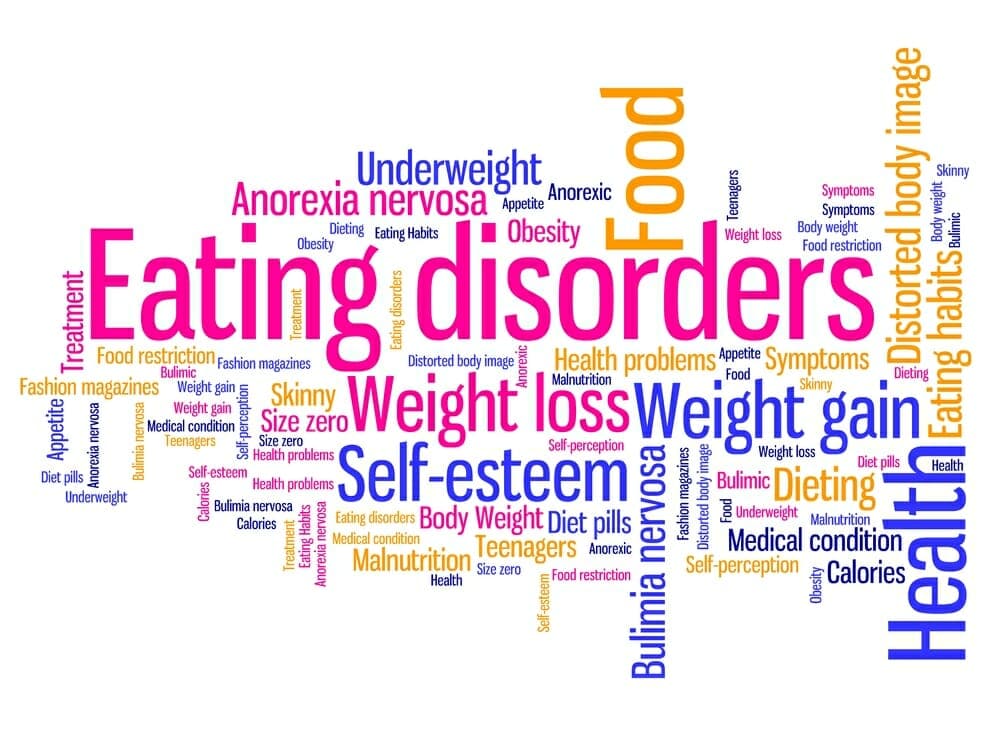Want to prevent obesity in your children? Stay involved with them, study says. A new study indicates that children who have parents who are unavailable, either physically or emotionally, are more at risk for binge eating habits, which can lead to obesity. Binge eating is eating past the point of fullness. There can be discomfort and emotional stress as well. Parenting behaviors associated with binge eating include ignoring and non-responsiveness, as well as weight-related teasing (being teased or mocked about one’s weight) by either parents or siblings. Helping students manage their emotions can help stop the binge eating. The focus should be not on weight or eating, but on helping children deal with their feelings. Recognizing children who are at risk and treating them early can help prevent depression and stop unhealthy eating-related behaviors.
Key Points:
- 1Poor parenting traits, such as ignoring, under-involvement, emotional non-responsiveness, and weight-related teasing in the family are associated with childhood binge eating.
- 2Binge eating feels like a loss of control and can lead to depression, obesity, and other weight and eating behavior problems.
- 3Researchers say that teaching kids to cope with negative emotions is much more important than their weight. Early recognition and intervention can help prevent eating disorders in the child.
The findings show that poor parenting traits, such as ignoring, under-involvement, emotional non-responsiveness, and weight-related teasing in the family are associated with childhood binge eating.
Read the full article at: https://psychcentral.com/news/2016/06/30/kids-binge-eating-tied-to-unavailable-parents-weight-teasing/105777.html








Reply